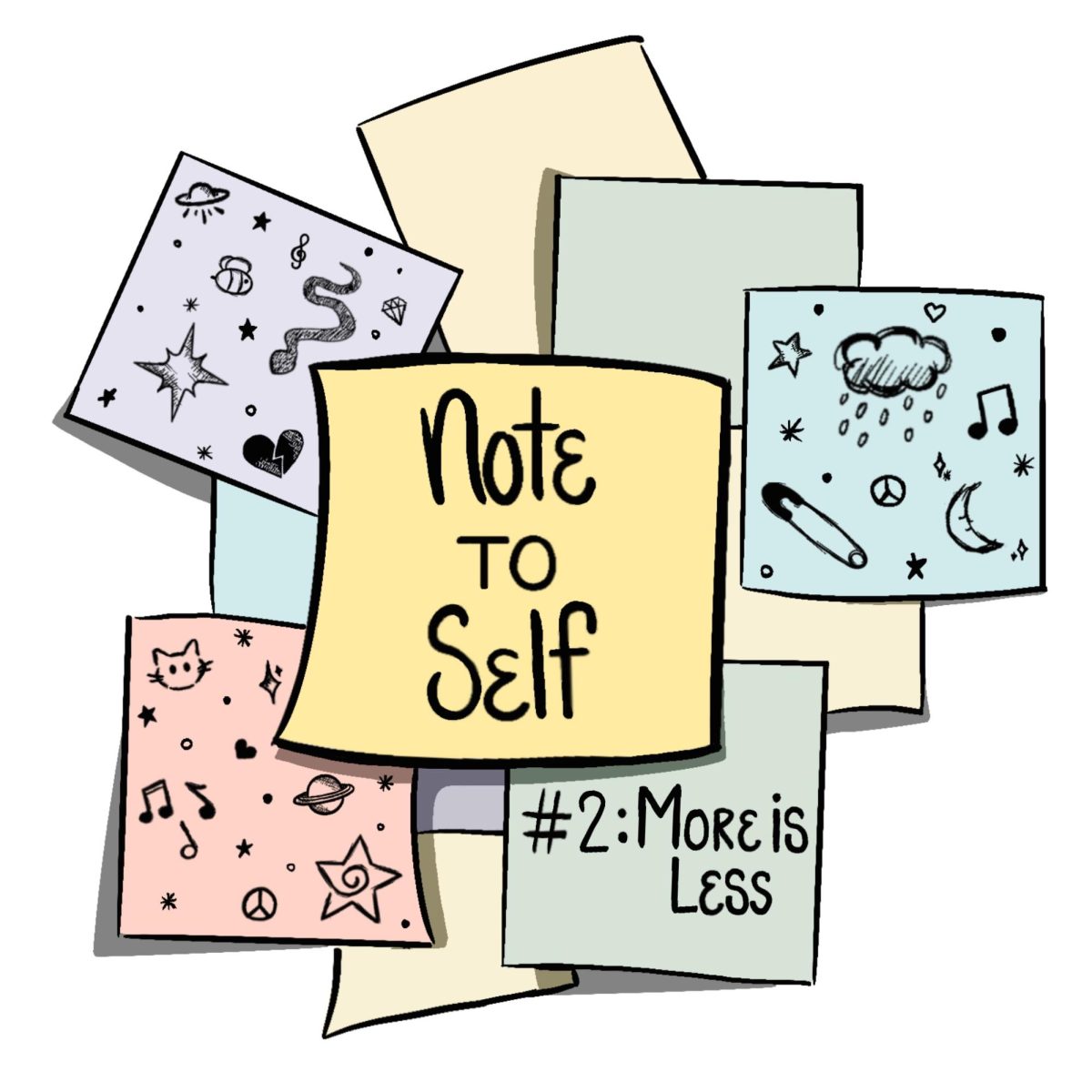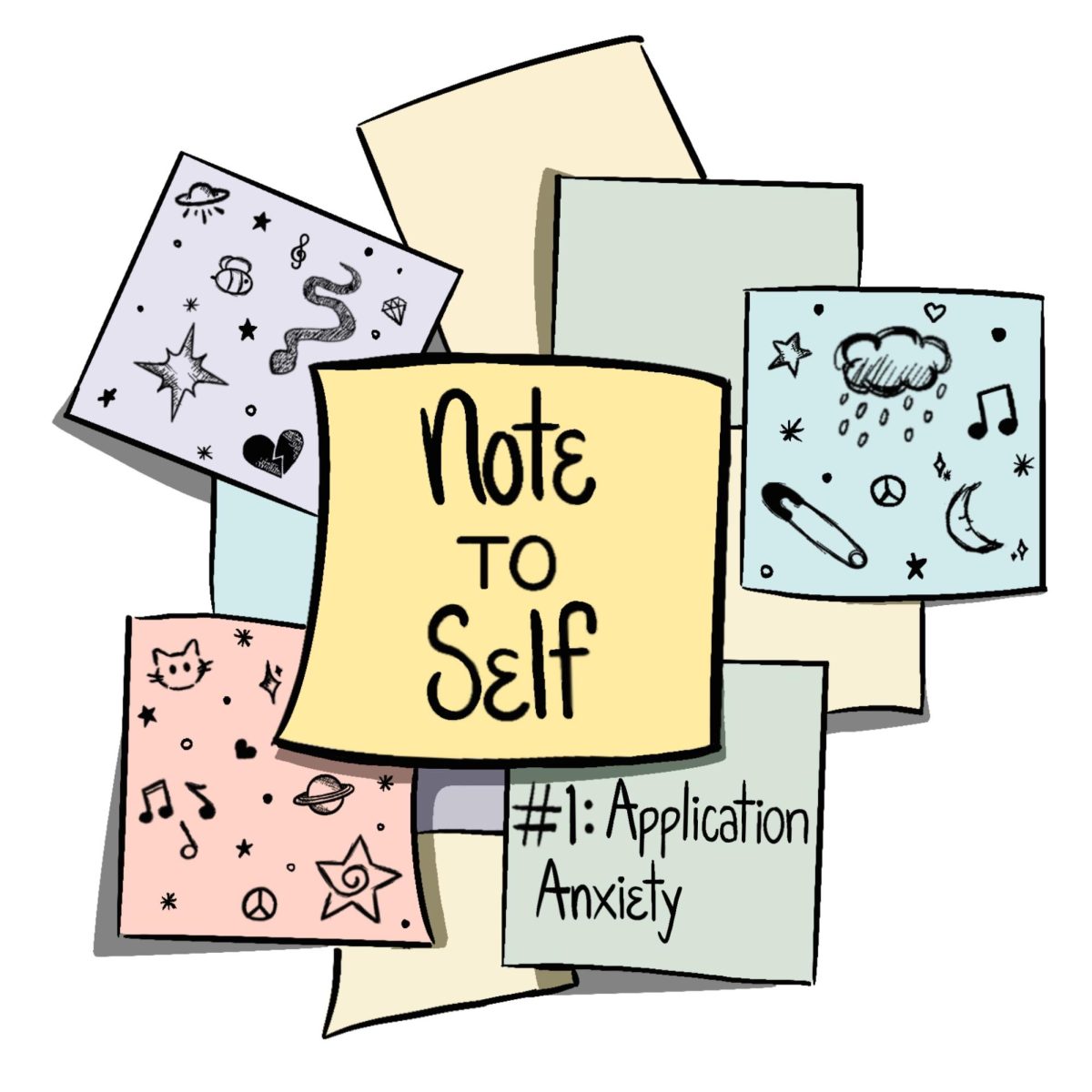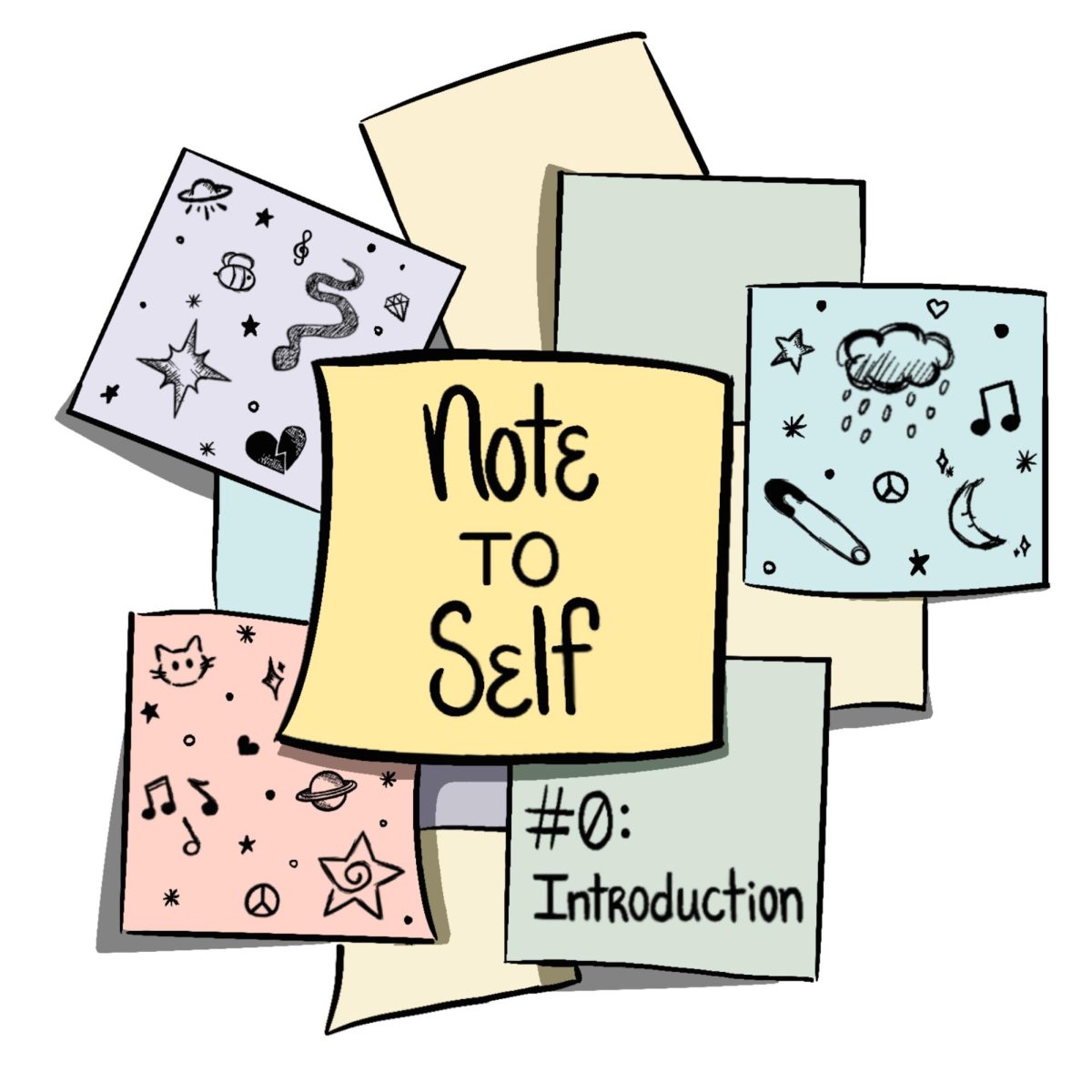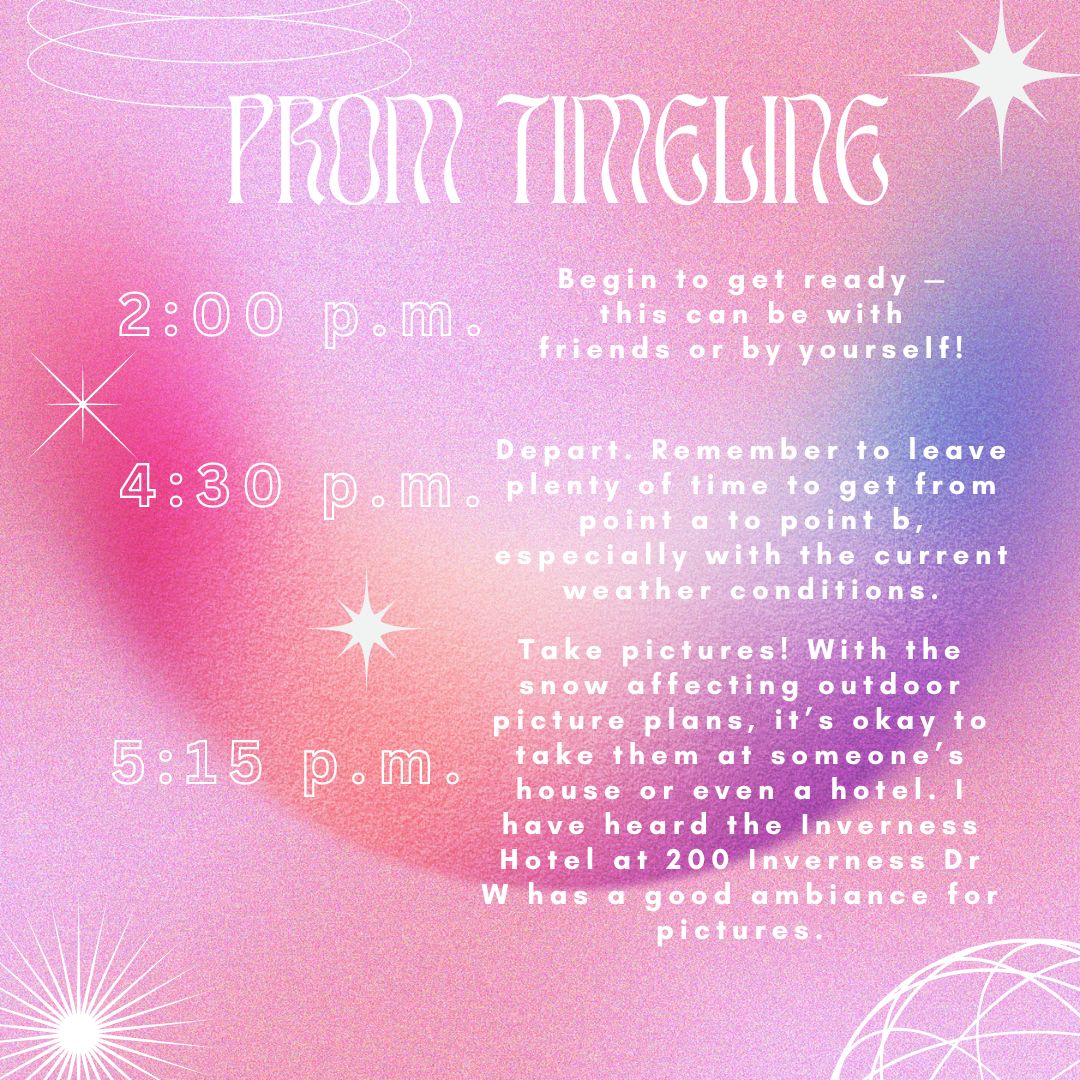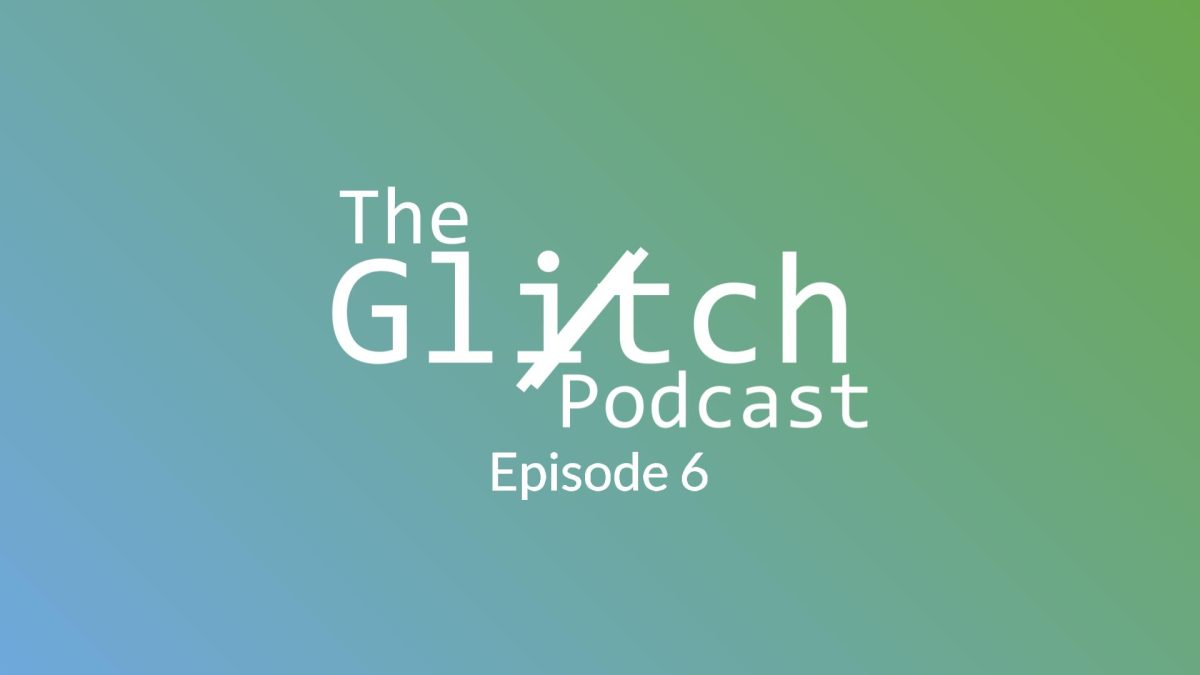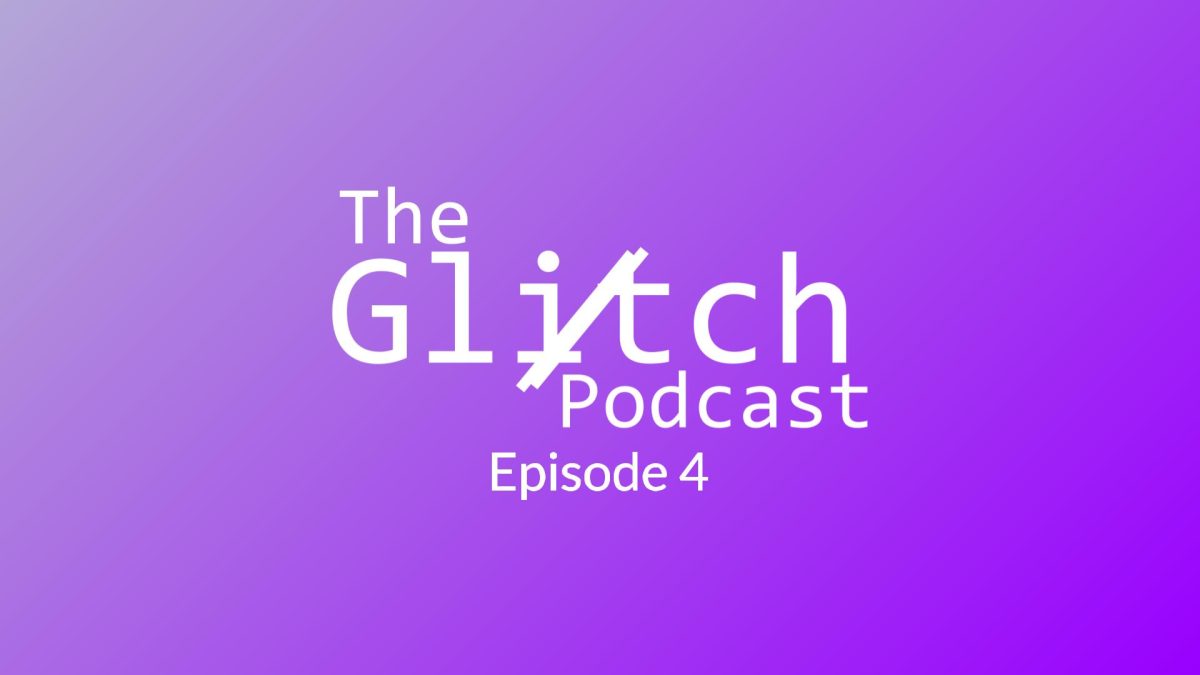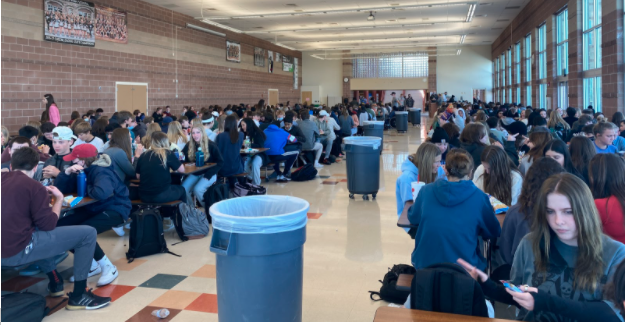The return to in-person learning: Student and teacher reactions
Student and teacher voices share their opinions about going back to school in-person.
media by Svea Erickson
Due to the transition from a hybrid to in-person schedule, twice the number of students that have been in school all year together gather in the cafeteria to eat during their second lunch period March 30, 2021
April 1, 2021
As you open the doors to school early Monday morning, you are greeted by thousands of people milling about the commons. The sound of hundreds of different conversations fill your ears as you push your way through the throng of people, just trying to get to class in time before the first bell.
At their March 2 board meeting, the Douglas County School District (DCSD) Board of Education voted in favor of the return of high school and middle school students to in person learning 5 days a week. For the first three quarters of the 2020-21 school year, Douglas County students had either been going to school on a hybrid or remote schedule. The decision to return to school has been met with a number of different reactions, emotions, and opinions from students and staff at school.
“I’m glad we’re back, I think it’s good for the students to be social, and it’s important for our mental health,” Drew Lukowski ‘23 said.
Some students view being able to get out of their house as a positive aspect of returning to school.
“I’m excited to see all my friends and finally be able to get out of the house,” Graham Flaherty ‘23 said.
However, some students have different perspectives on returning to in person learning.
“It has been very exhausting to come back every single day. It’s weird seeing everybody, especially because this is our first time at Rock Canyon as freshmen. I think I’d rather be online,” Hannah Dunkleberger ‘24 said.
Other students are having a hard time adjusting to the sheer number of people now in the building, especially during passing periods.
“It is kind of stressful, how crowded everything is in the parking lot and then also getting into the 4000’s and 5000’s,” Allison Willner ‘22 said.
Some students prefer in person interaction with their teachers, instead of over a zoom call.
“I like seeing my teachers in person, because I like to form that relationship with them and plus it’s easier to get help and ask questions,” Kinley Hartz ‘22 said.
Some teachers prefer being back in person, as well.
“I feel a lot more comfortable about being back in person, now that I’m fully vaccinated. I think that it’s especially good for my Applied Biology students, because those students usually need a lot more structure and frequent check ins, so being in person is a lot better for that demographic of students,” biology teacher, Aby Boente said.
Other teachers feel a lot more comfortable going back in person now that they are vaccinated.
“When they initially were talking about going back and we didn’t have our vaccines I didn’t want that. But I definitely feel a little bit more confident now and I am still keeping my distance, but there is definitely more interaction than before,” math teacher, Rebecca Uchyn said.
Being back in person makes doing essential hands-on labs in science easier.
“I’m excited to be back in the classroom with all of my students instead of having to split between the cohorts. I 100% prefer teaching in person. It’s too difficult, especially with the concepts that I teach to try and do it remotely,” chemistry teacher, Jeffery Nichols said.
For some, being fully in-person for school is better for their mental health. According to Harvard Pilgrim Health Care, and a study conducted by Barnes and Noble Education, of the students surveyed, 64% were anxious about staying motivated during remote learning. An additional 55% were worried about the lack of social interaction due to doing school from home, and 45% of the students feared that such isolation would effect their academic performance.
“I think that it’s way better for [students] mental health, and it’s better for my mental health to be back. [Students] can feed off of each other’s energy, learn from each other, and come in and ask teachers for help,” Spanish teacher, Hannah Shear, said.

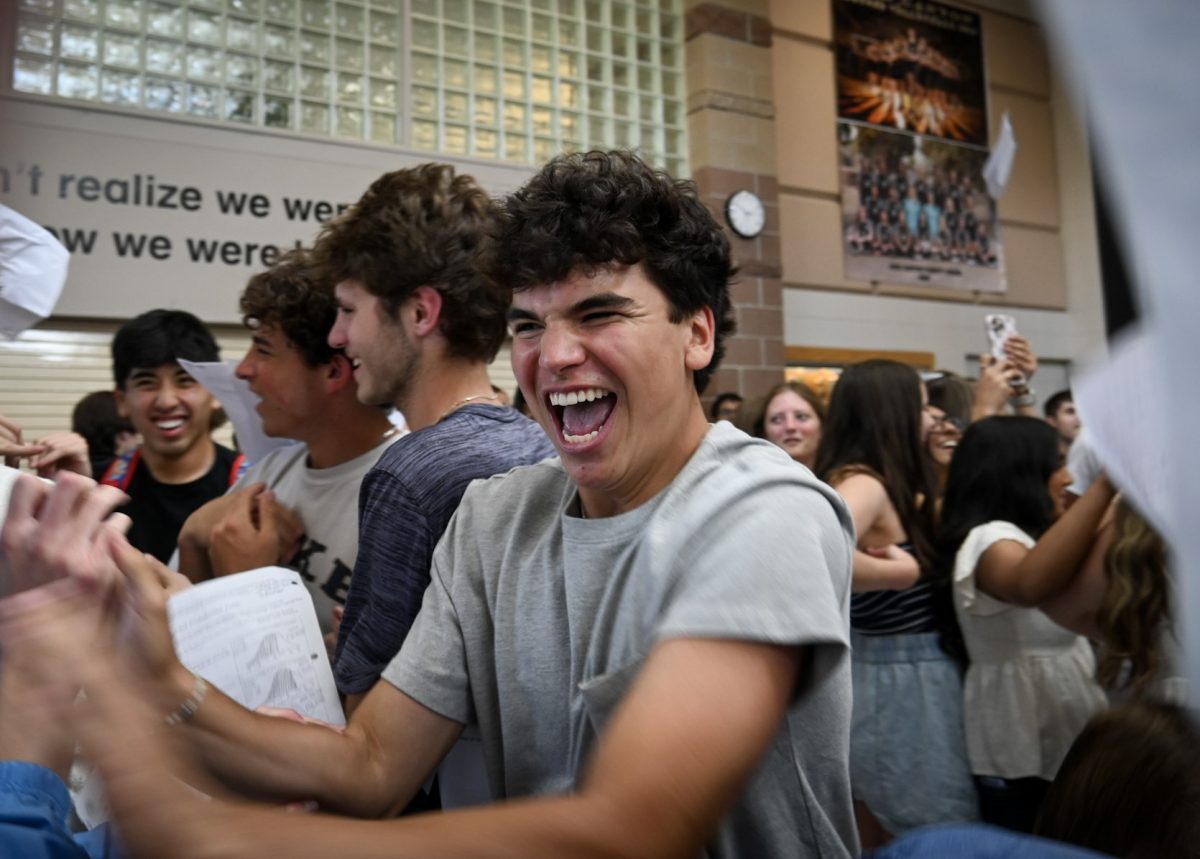
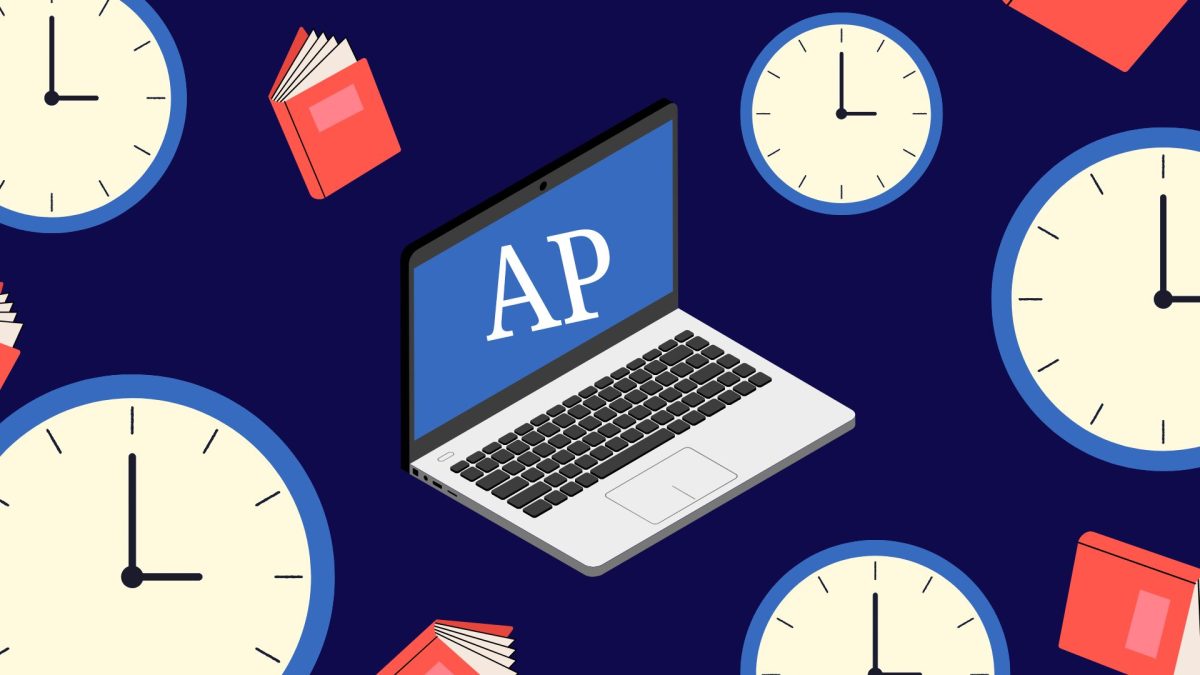
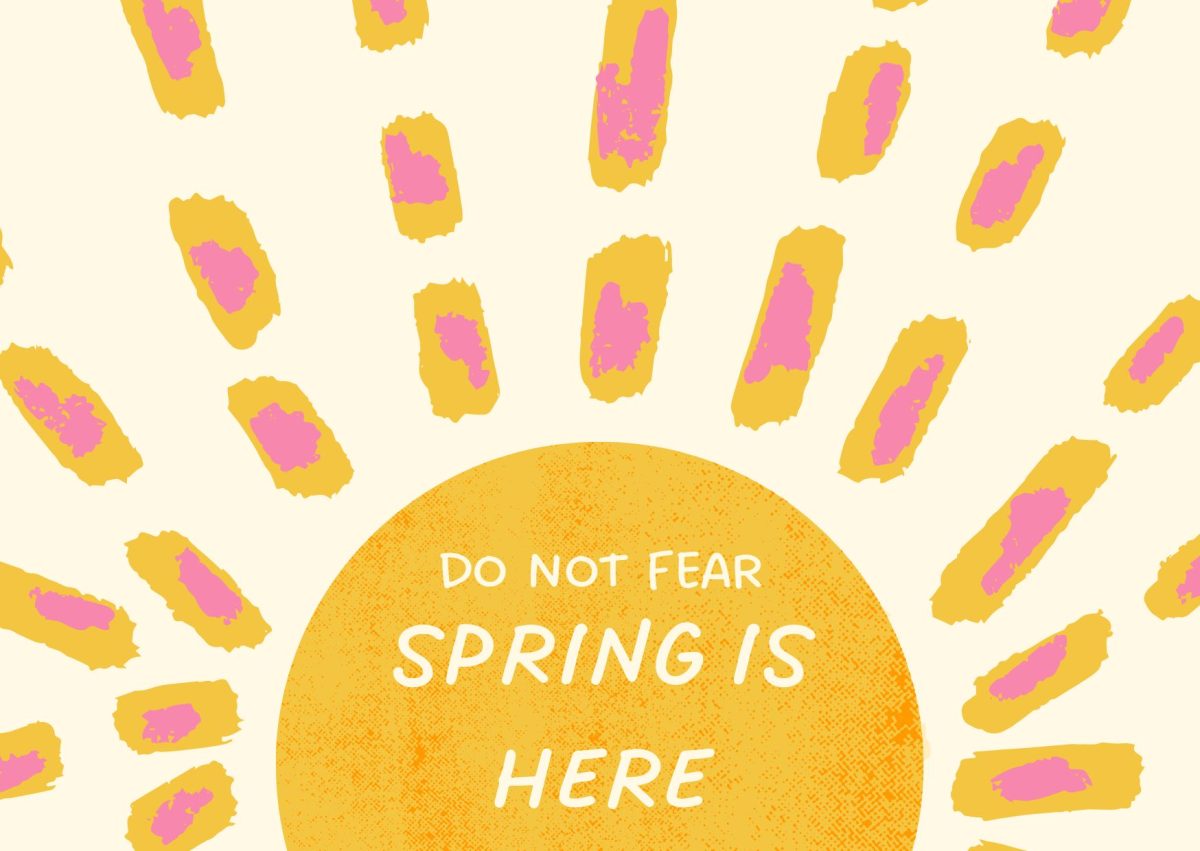

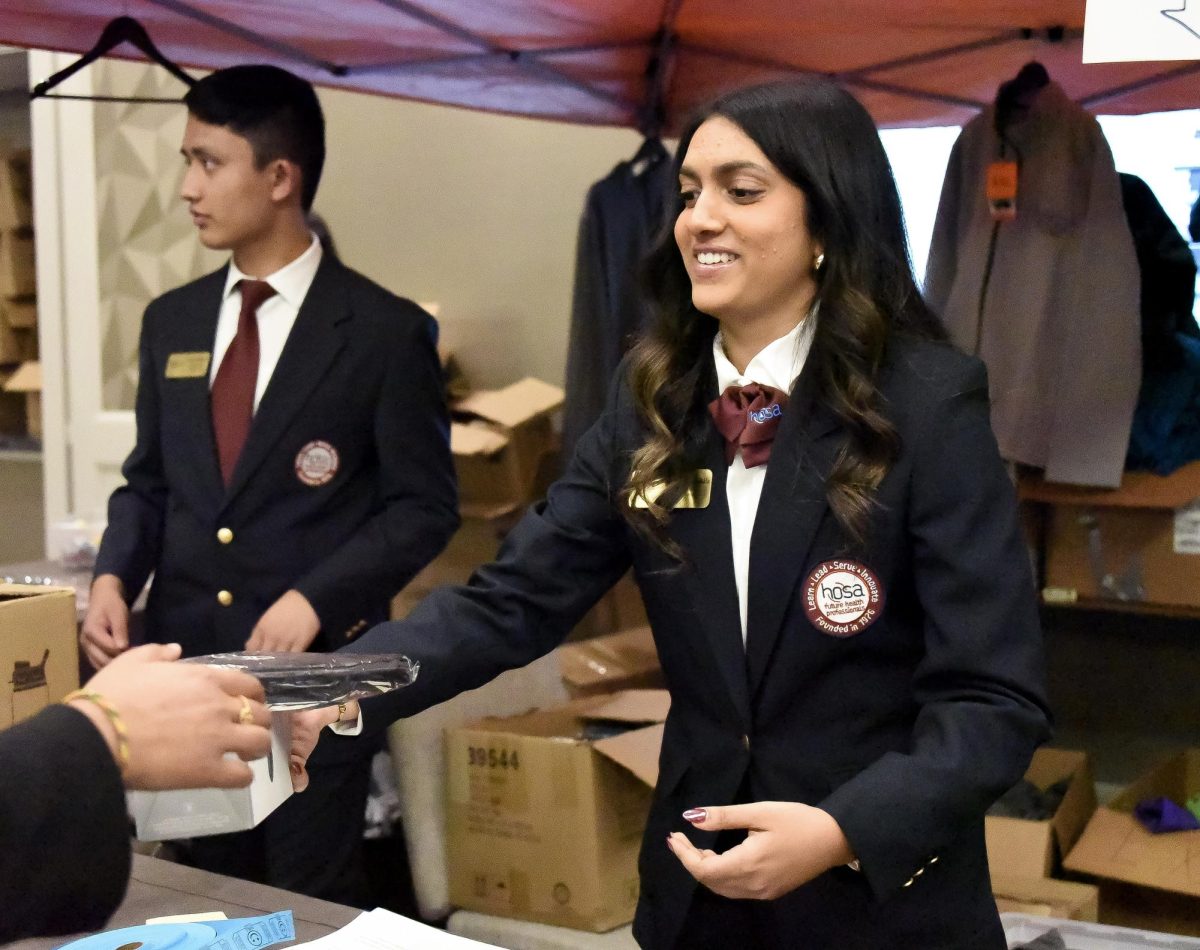
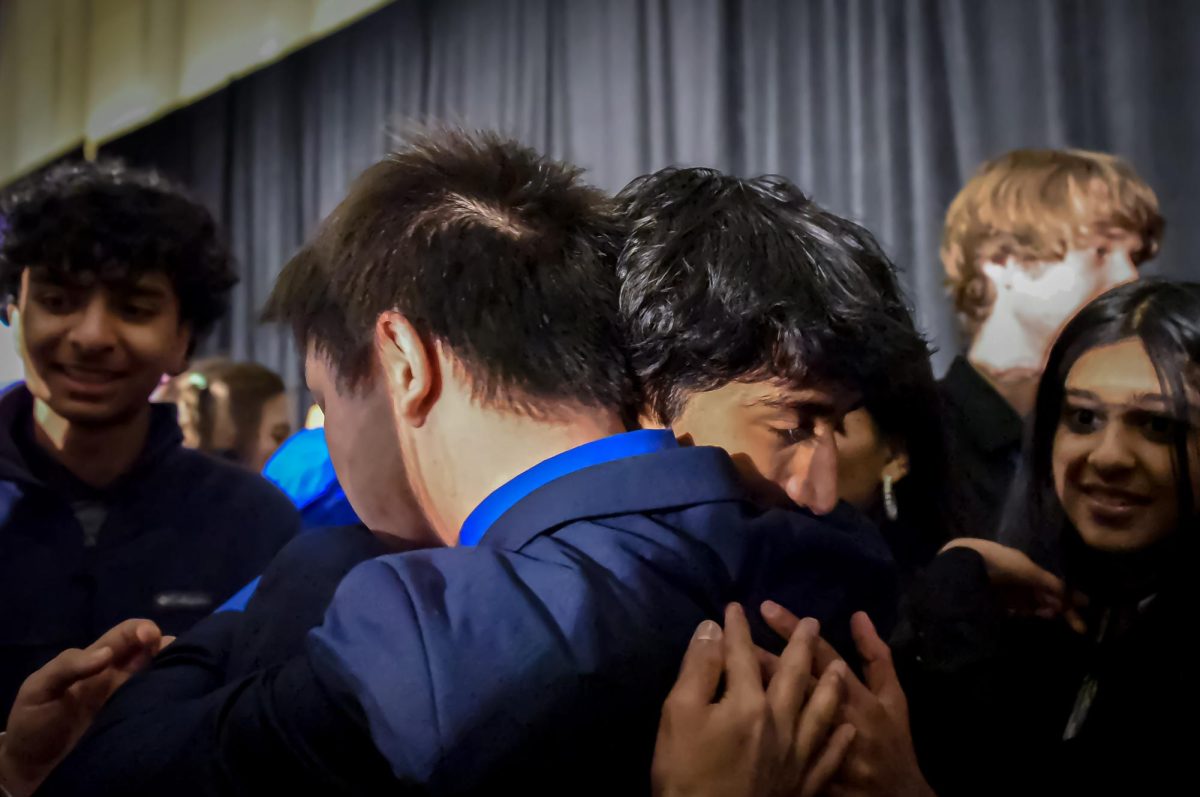

![The winter guard team makes fifth place at the state championship finals in the Denver Coliseum, March 30. The team performed to Barnes Country's “Glitter and Gold,” lead by coaches Margo Sanford, Blair Bickerton and Anna Orgren. In their class there were a total of nine groups participating, and the top five who made it to finals received a plaque. “[Walking onto the stage] is very nerve-wracking, but also very exciting as well. When you first start color guard there's a lot of anxiety and uncertainty when you first perform in front of an audience, but once you've done it for a while, it starts to become the best part of the season,” Ella West ‘25 said. “It's very fulfilling to see an audience react to something you've put your heart and soul into.”](https://rockmediaonline.org/wp-content/uploads/2025/04/Both-socal-media-nd-website-main-1-1200x846.jpg)
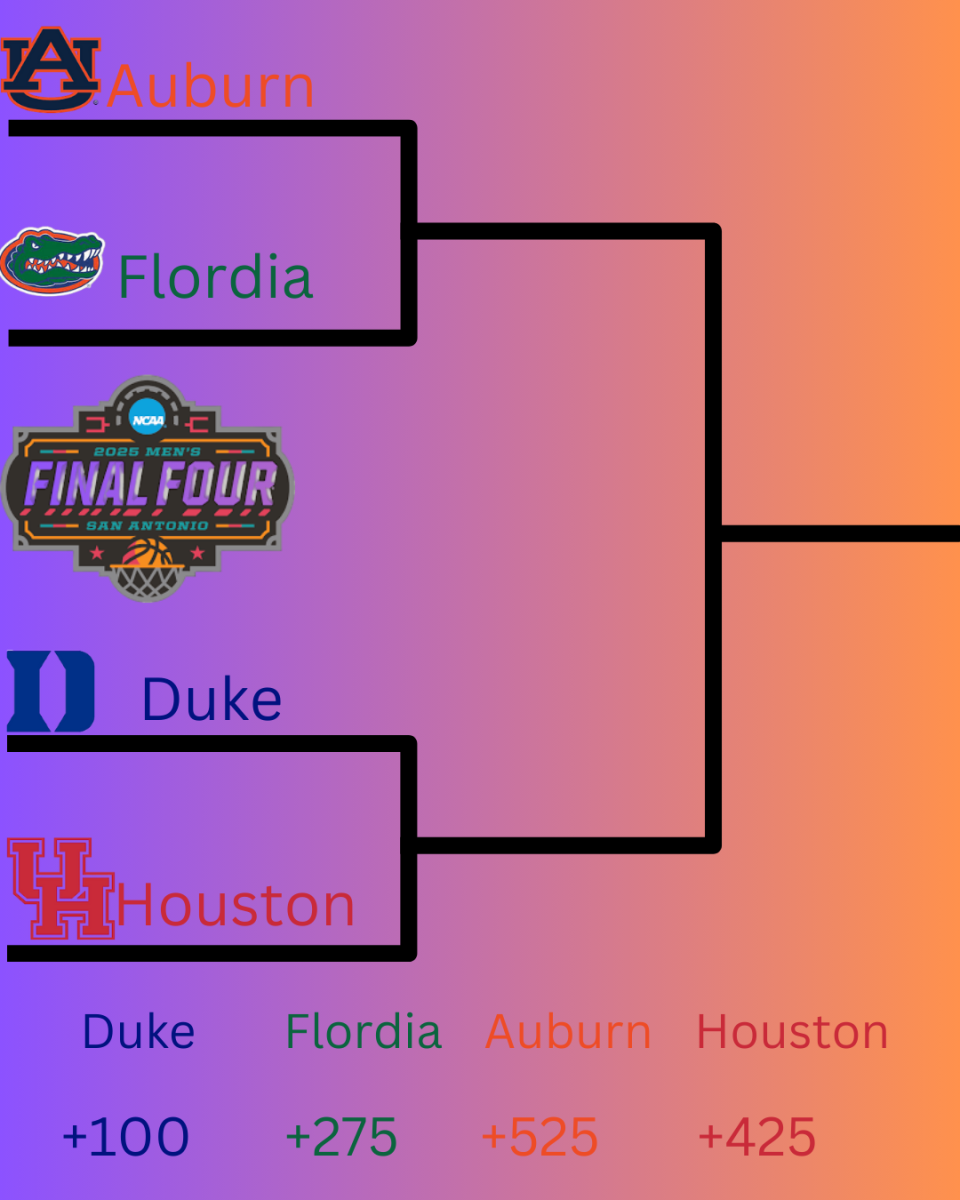
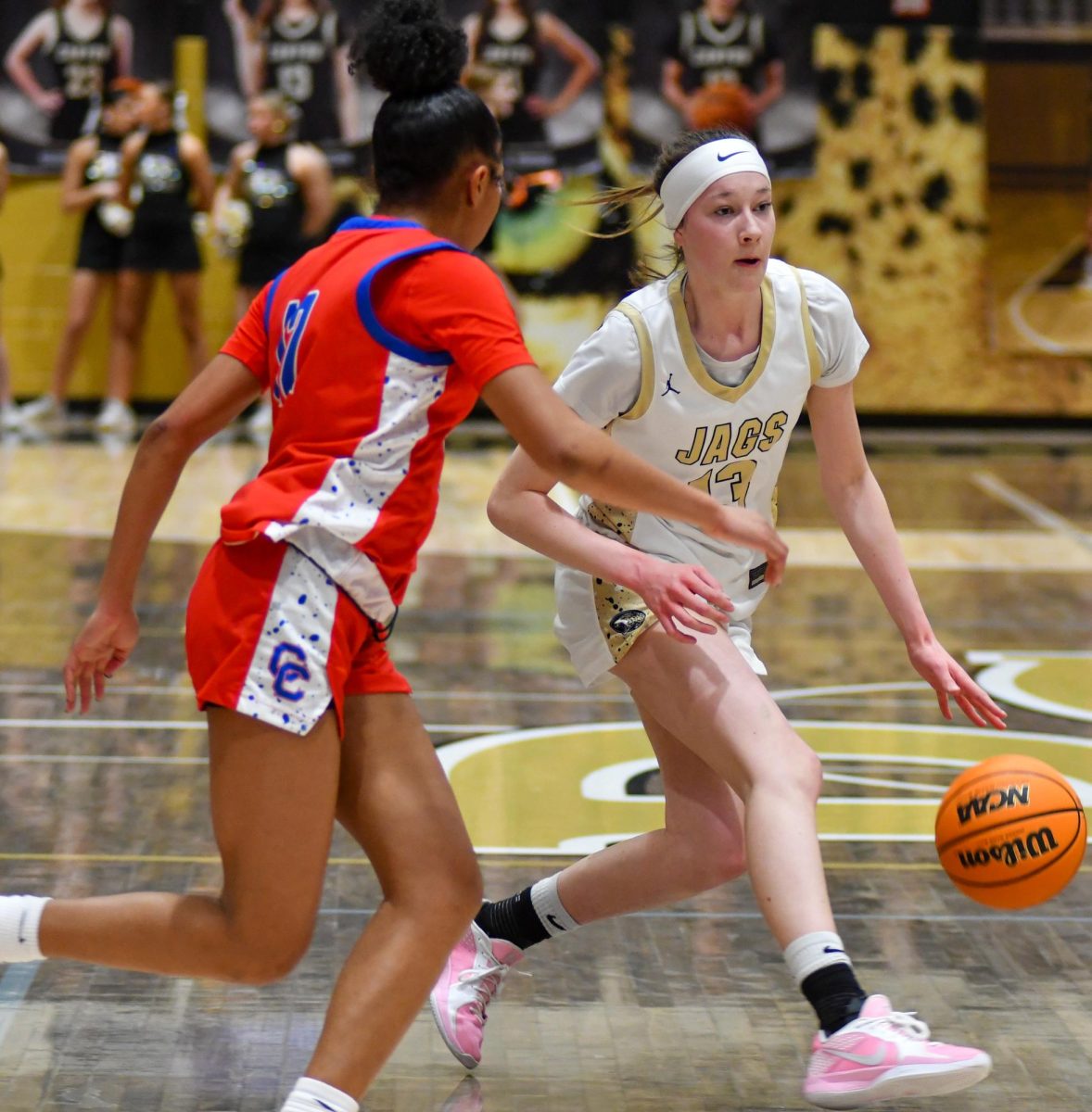
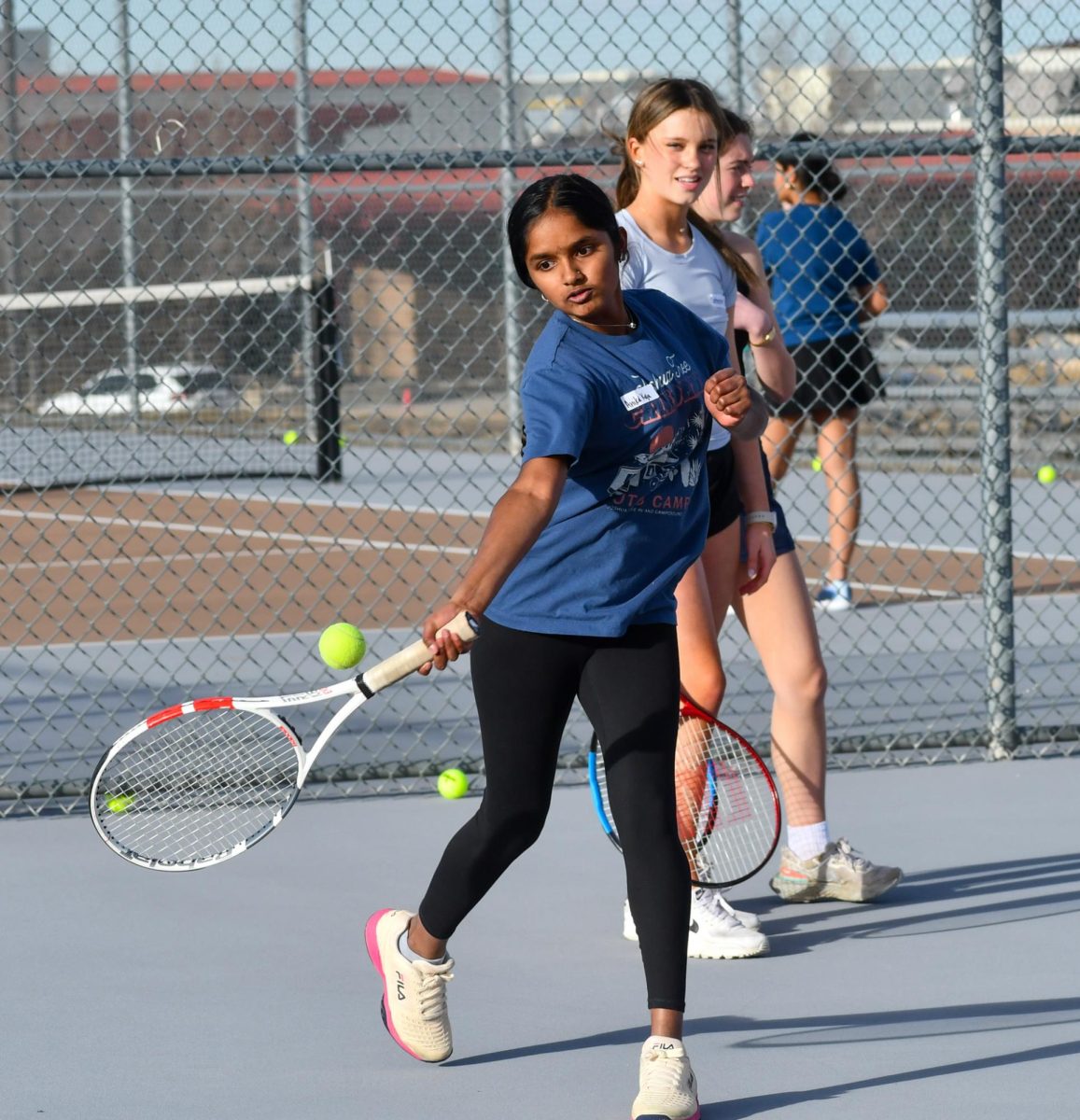
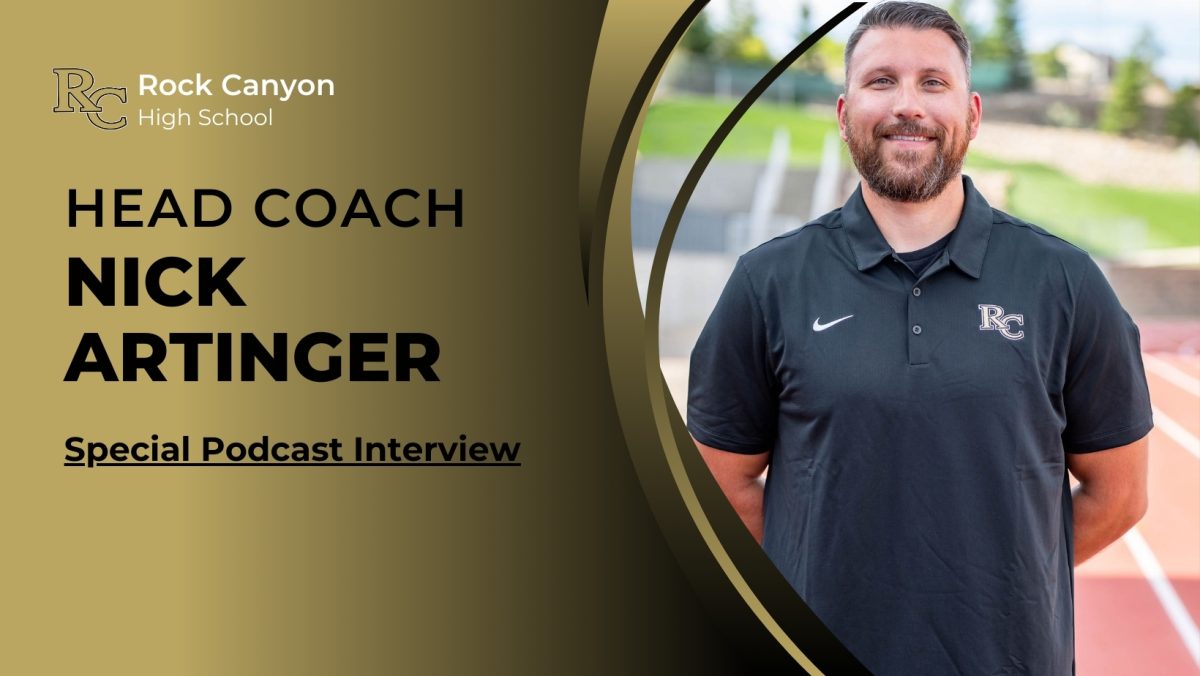


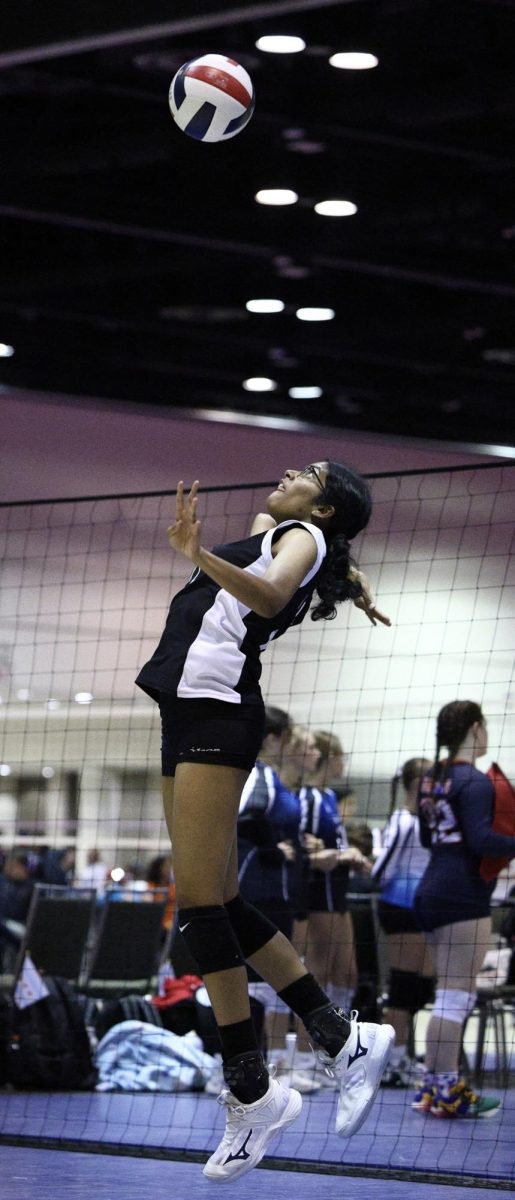
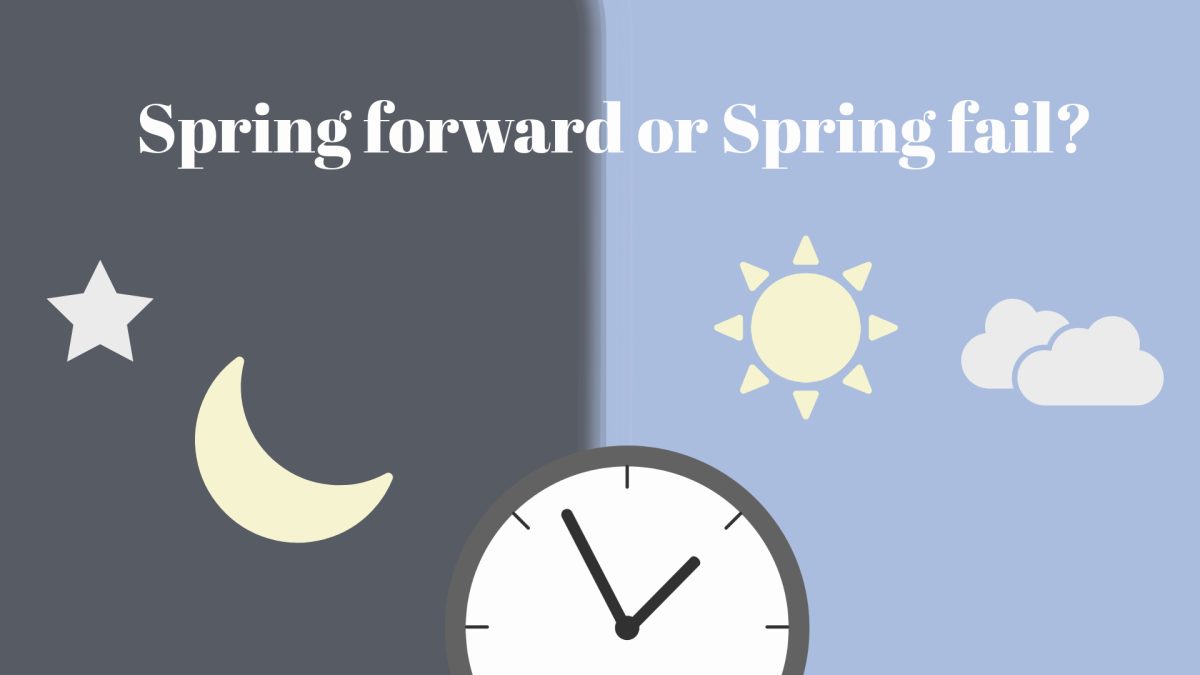
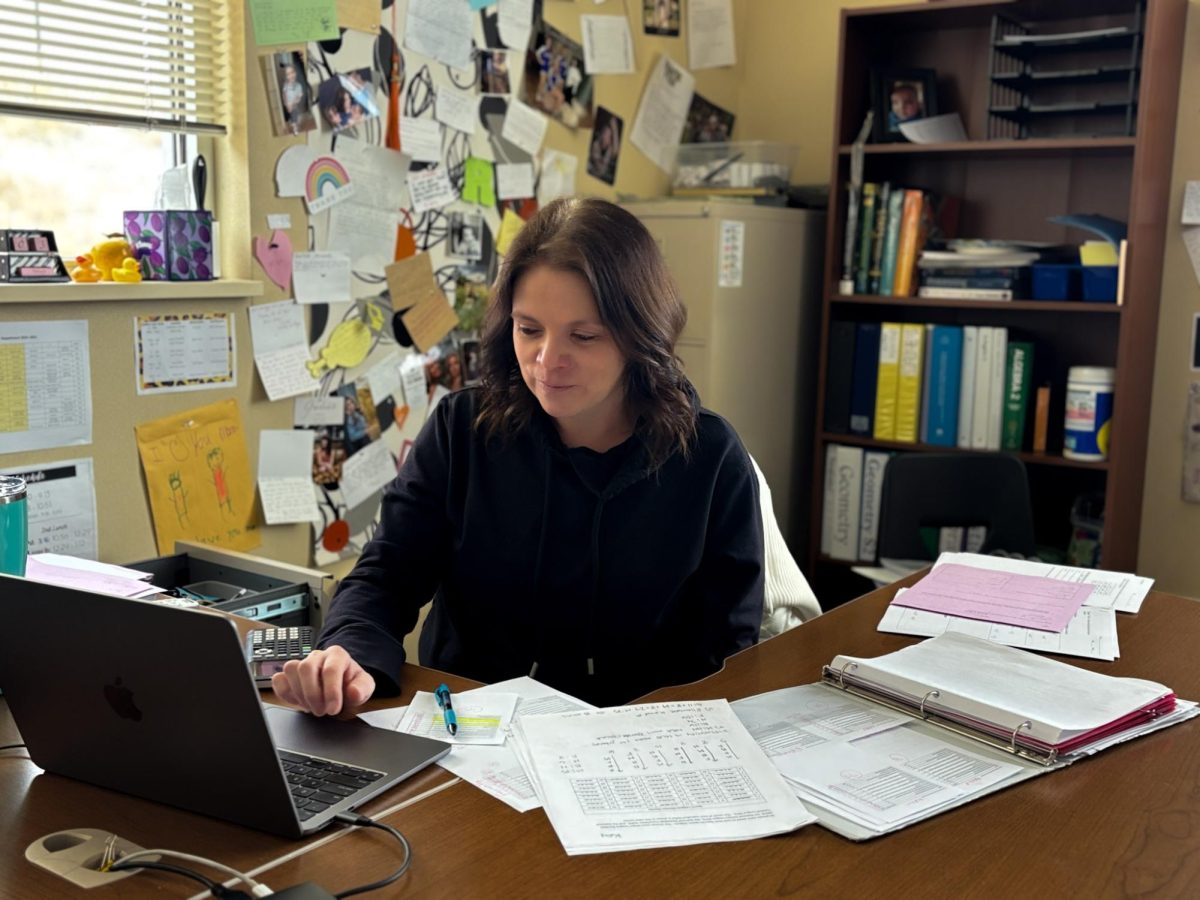
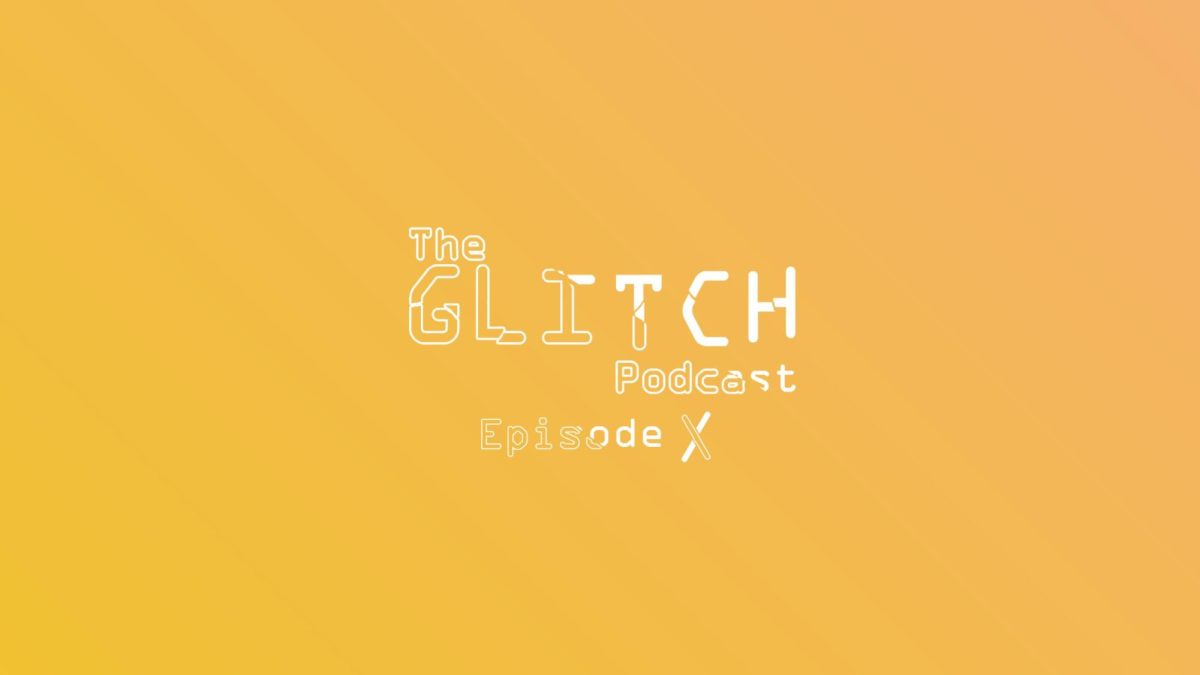





![April marks the 25th anniversary of Sexual Assault Awareness Month, created by the National Sexual Violence Resource Center (NSVRC). This month is to spread awareness of the harassment, assault and abuse that happens around the world. The symbol that represented the month was a teal ribbon; however, some survivors of assault create different symbols and movements like the TikTok trend in 2022, where survivors would tattoo Medusa on their body, in honor of her backstory in Greek Mythology. “I don't think [this month is known] at all. I rarely see anybody talk about it. I rarely see much of an emphasis on posting it online, or much discussion about it, and I feel like there needs to be way more discussion,” an anonymous source said. “I think just validating every experience that a person has gone through, regardless of the degree of it, the severity, is an essential step into making sure that people are aware that this is a very real problem in a society and that we need to do better in addressing it.”](https://rockmediaonline.org/wp-content/uploads/2025/04/IMG_0011-1200x900.jpg)
![Lesbian Visibility Day is April 26, and it’s a holiday to celebrate the lesbian community of the world. Lesbian Visibility day was established in 2008 by many queer activists and organizations who sought to raise more awareness for lesbian history and culture. “So this is why during Lesbian Visibility [Day] we celebrate and center all lesbians, both cis and trans, while also showing solidarity with all LGBTQ+ women and nonbinary people,” Linda Reily, in an article written by her, said.](https://rockmediaonline.org/wp-content/uploads/2025/04/Lesbian-Visibility-day.jpeg)



